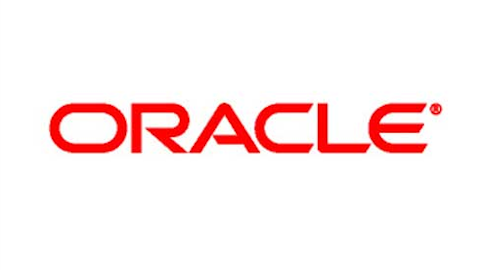
However, this merger has a number of important subplots. Many market-watchers insist that salesforce.com, inc. (NYSE:CRM) is overpaying for ExactTarget Inc (NYSE:ET), and there appears to be considerable backlash among rank-and-file Salesforce shareholders as well. Meanwhile, ExactTarget’s shareholders believe that they are getting a raw deal, and a number of legal investigations have already been opened into the matter. With so many moving parts, interested investors must keep abreast of relevant developments in the coming weeks and months.
Salesforce and ExactTarget compete with a number of larger companies that have entered the cloud-computing and digital marketing frays over the past several years. Since this is a fast-moving industry that regularly sees disruptive developments, the overwhelming size of competitors like Oracle Corporation (NASDAQ:ORCL) and SAP AG (ADR) (NYSE:SAP) does not necessarily put more nimble companies at a disadvantage. In any event, a financial comparison between salesforce.com, inc. (NYSE:CRM), ExactTarget Inc (NYSE:ET) and SAP is warranted.
Thanks largely to expectations of future growth, Salesforce has a swollen market capitalization of about $22.5 billion. By comparison, ExactTarget has a post-offer valuation of $2.3 billion. Mature SAP has a market cap of over $90 billion. In 2012, Salesforce reported a loss of $319 million on revenues of just under $3.3 billion. For its part, SAP managed a profit of a little under $3.8 billion on revenues of $21.3 billion. Although ExactTarget posted a loss of around $28 million on revenues of $317 million, this narrow miss should be interpreted as a positive development for such a young company.
Debt is not really an issue for any of these firms. Whereas ExactTarget Inc (NYSE:ET) has no long-term debt on its books and plenty of cash to tide it over, SAP and salesforce.com, inc. (NYSE:CRM) both have relatively even debt-to-cash ratios. Meanwhile, the two cloud-focused firms are considerably more expensive than diversified SAP AG (ADR) (NYSE:SAP). Whereas Salesforce and ExactTarget have respective price-to-book ratios of 9.3 and 8.4, SAP AG (ADR) (NYSE:SAP) sports a ratio of just under 4.8.
How the Deal Is Structured
According to the outline of the deal, Salesforce will issue cash payments of $33.75 per share to ExactTarget shareholders of record as of an undetermined record date. Relative to ExactTarget’s current share price of around $33.60, this represents a premium of less than 1 percent. However, it does represent a bump of nearly 25 percent over ExactTarget Inc (NYSE:ET)’s pre-offer price. Although the deal will moderately dilute Salesforce’s earnings over the next few quarters, it is expected to boost the company’s top-line revenues by at least $125 million during the fiscal quarter that ends July 31.
Legal Challenges and Other Issues
Unusually, this merger has met with stiff opposition from shareholders of both companies. Many market-watchers and in-the-know bloggers argue that salesforce.com, inc. (NYSE:CRM) is paying an unnecessary premium for ExactTarget Inc (NYSE:ET). Many argue that the smaller company remains untested and offers a service that has been easily replicated by several other players in the space. Moreover, these naysayers assert that Salesforce has been driven by an understandable but misplaced need to gain a competitive edge over larger rivals like SAP. In effect, Salesforce may have felt pressured into making a big-time acquisition that might not pan out as expected.




